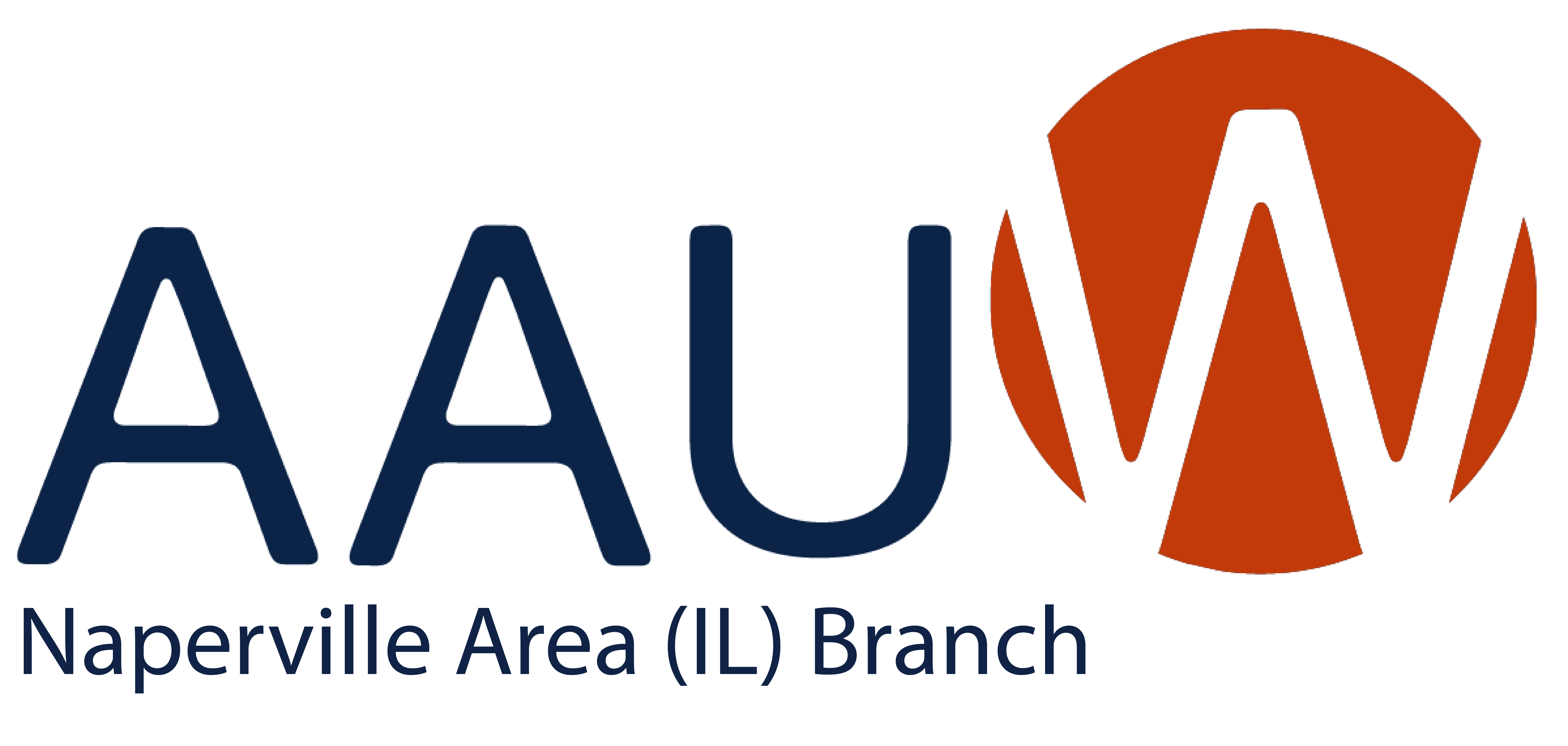Words are powerful language tools that help us convey meaning and connect. We use words to communicate, characterize, and describe everything around us. Nothing may be more personal than the words people use to refer to us through our names and pronouns. Using pronouns correctly and in a respectful manner is important and will slowly make our society more inviting and inclusive.
Properly using an individual’s correct pronoun is an easy way to show respect. In an instance where a pronoun is not indicated or unknown, gender-neutral pronouns provide a useful option. Whether intentional or not, using the wrong pronouns can be hurtful, angering, and even distracting. Some might find it equivalent to being told they do not matter or deserve respect. Invalidating someone’s identity puts a strain on how a person moves about in society and how that individual interacts with others.
Traditionally, many languages use gender binary pronouns and suffixes; for example, “he/him/his” for men and “she/her/hers” for women. This binary reference of gender no longer applies to the broadening nomenclature of gender identities and expressions. Individuals may opt to use gender-expansive pronouns such as “they/them/theirs” instead of the gendered examples listed above. Though they may be used less often, other options also exist, such as “ze/hir/hirs.” Additionally, instead of gendered honorifics such as “Ms.” or “Mr.”, people may choose to use the more inclusive “Mx” (pronounced mix).
Learning how to use pronouns respectfully and in an inclusive way is an important step towards making AAUW more approachable to a broader audience of members. Included below are a few resources to get started: check them out online or from your local library!
Take Action by Learning More:
A Quick & Easy Guide to They/Them Pronouns by Archie Bongiovanni
The Pink Line: Journeys Across the World’s Queer Frontiers by Mark Gevisser
Beyond Magenta: Transgender Teens Speak Out by Susan Kiklin
Pronouns Matter – Resources on Personal Pronouns
LGBT Life Center – Pronouns
The Trever Project Transgender Resources
National Institutes of Health, Office of Equity, Diversity, and Inclusion. (May 28, 2020) What are Gender Pronouns? Why Do They Matter?
